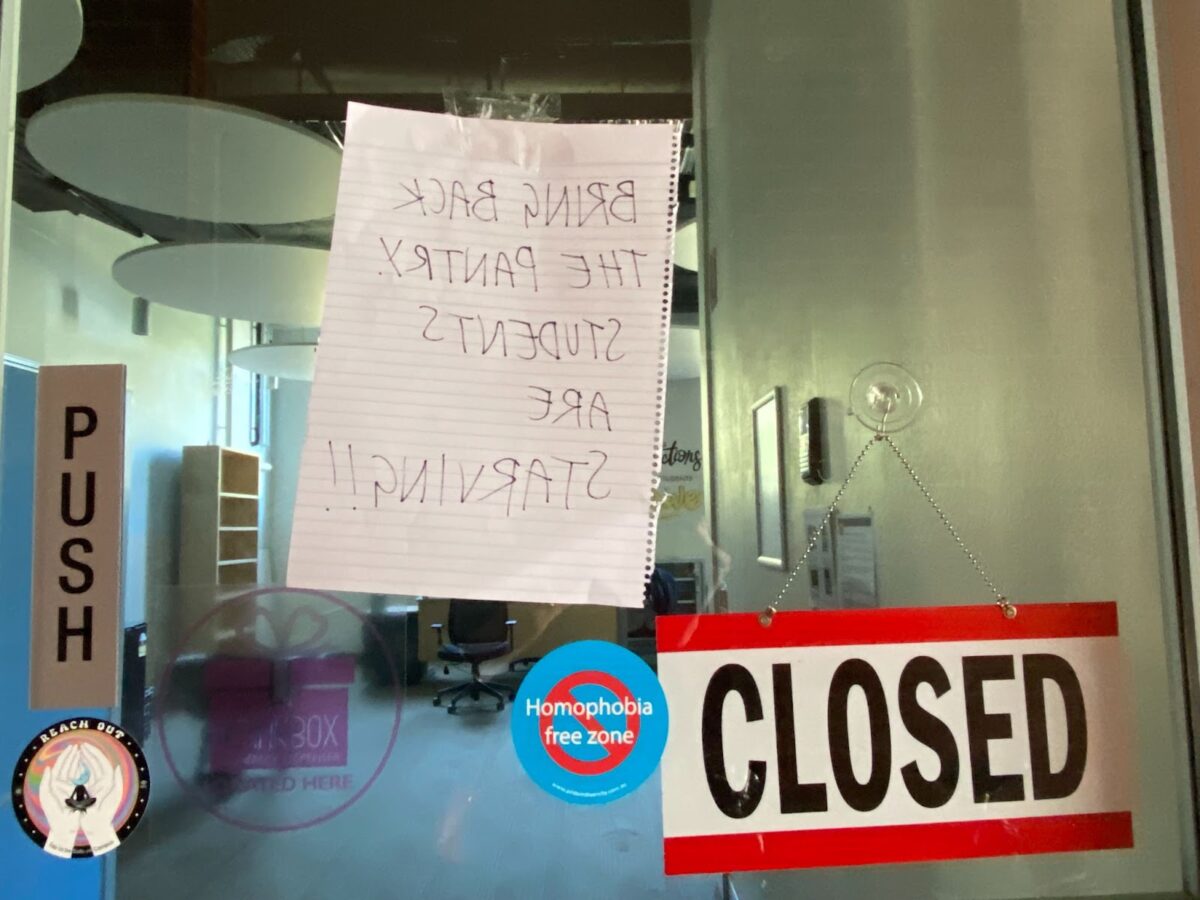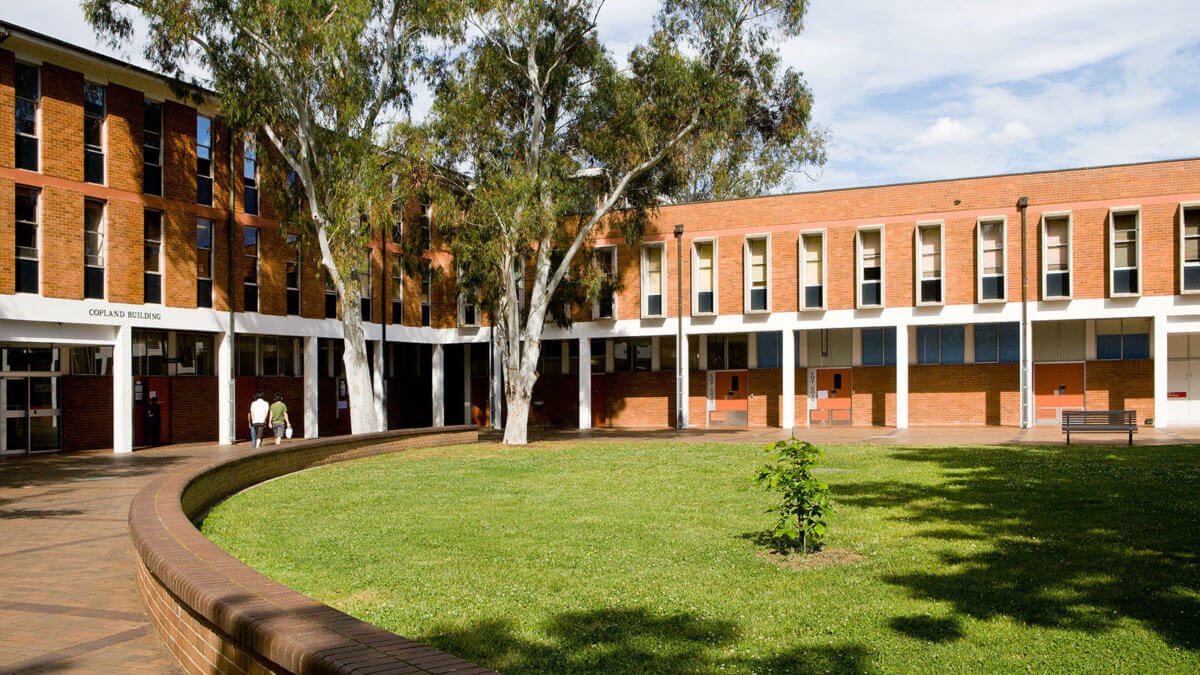In a break from their 2023 policy, ANU Thrive has limited the availability of the “Community Connect” food relief pantry to only students who can demonstrate food insecurity through an online application.
The Community connect food relief service, the University defines, is “intended for currently enrolled students who are experiencing food insecurity: i.e., the lack of adequate access to affordable, nutritious food.”
The application process marks a shift away from the pantry’s more open model of 2023. Previously, the service had operated twice per week, providing 10 points of food credits weekly to all ANU students, who could access the pantry by tapping their student cards. ANU now requires students to self-identify their level of food need through an online survey before gaining access to the broader food relief service.
The confidential form, accessed through the Community Connect website can be completed by the student themselves or by a referring service, and requires the applicant to answer questions based on the “Hunger Vital Sign™” indicators of food insecurity.
The form notes that its submission “does not guarantee immediate access” to food relief, and that students who do fill it out “may be required to provide extra information for eligibility to access the Food Relief Service.
Lara (she/her), an ANU student who regularly visited the pantry, expressed frustration with the change, arguing that the service is “so much harder to access now… I went on the website and it was really unclear about whether it was still operating. They’re making it deliberately difficult for people to access the help that they need.”
“In a time like this, where every sort of media outlet is saturating us with the fact that we’re in a cost of living crisis and young people are suffering disproportionally, it seems malicious of the ANU to close off what was an essential service for a lot of students, especially international and exchange students who don’t have access to other services like Centrelink outside of campus,“ she went on to emphasise.

An ANU spokesperson stressed that “Any ANU student who needs food support will get food support”, claiming that the new model is, “based on extensive research and best practice in Australia, the United Kingdom and the United States of America… [and] will better target ANU students who are in the highest need of food support and ensure they get the level of food support they need.”
The University explained the service is “not an emergency food relief service,” but rather one of a range of initiatives available across the community.
However, the move has been interpreted by some as placing an extra obstacle on students’ attempts to reach out for financial help at a time when the student demand for welfare services is increasing and the cost of living continues to rise. Data collected by the Community Connect pantry also reveals that 1 in 5 students will face food insecurity during their studies.
One student even posted to the ‘ANU Confessions’ Facebook page that they could no longer visit the pantry “because of the shame” of “queuing up in that high profile location on campus and [having others] noticing I’m poor.” The change might be seen as especially problematic when viewed in light of ANU having recently ranked as having one of the lowest proportions of low-income students among Australian universities.
For those approved for the service’s intake, the ANU has assured that food relief will be accessible during business hours, Monday to Friday. They have encouraged any students with questions about the new approach to reach out to student.life@anu.edu.au.
For any students seeking aid, ANUSA has various food programs to help. This includes free breakfast every day of semester for all students, a grocery voucher, free lunch vouchers at the food co-op, and a mutual aid pantry.
We acknowledge the Ngunnawal and Ngambri people, who are the Traditional Custodians of the land on which Woroni, Woroni Radio and Woroni TV are created, edited, published, printed and distributed. We pay our respects to Elders past and present. We acknowledge that the name Woroni was taken from the Wadi Wadi Nation without permission, and we are striving to do better for future reconciliation.
